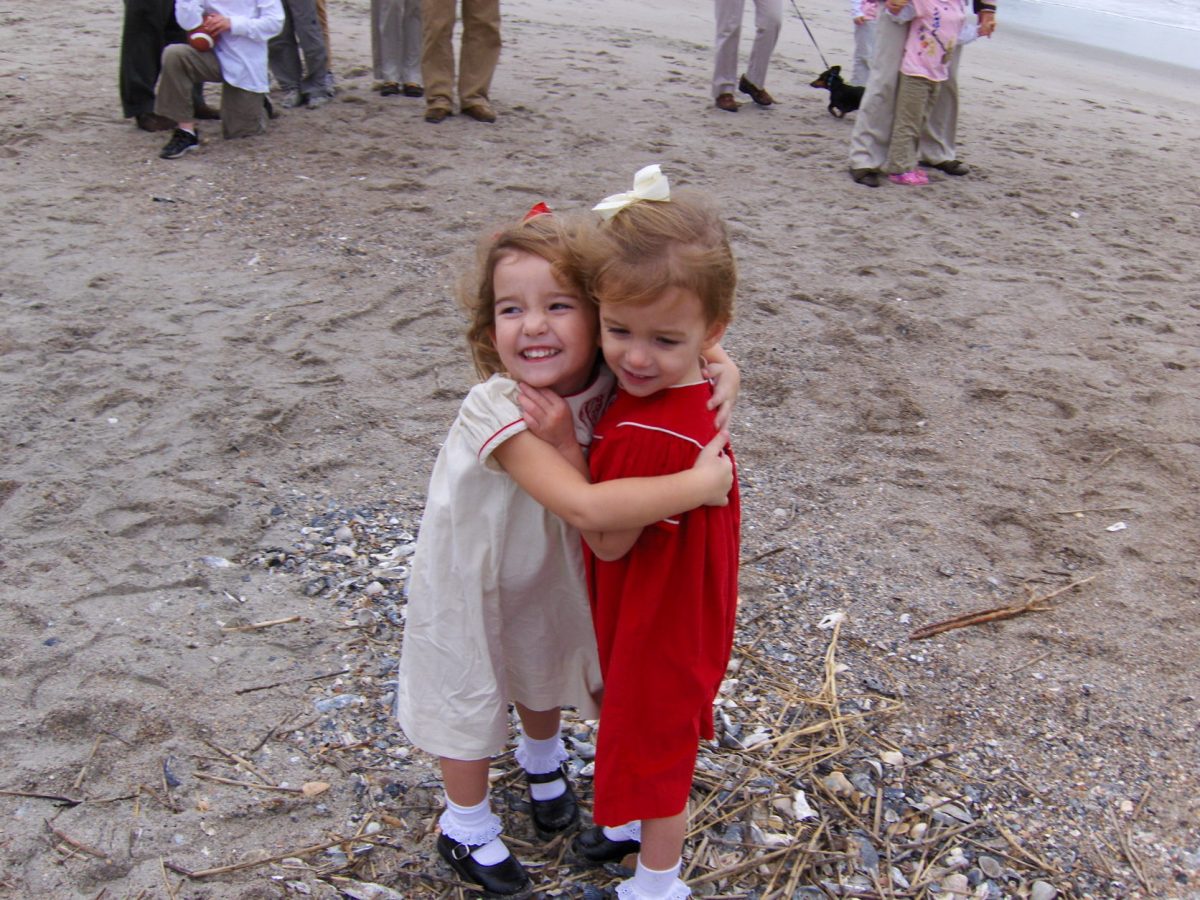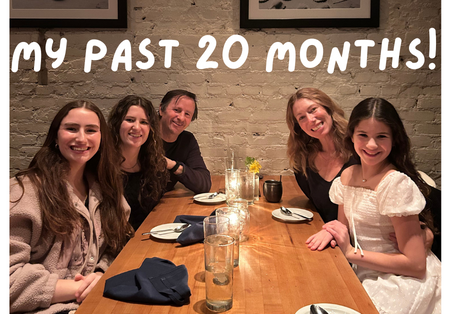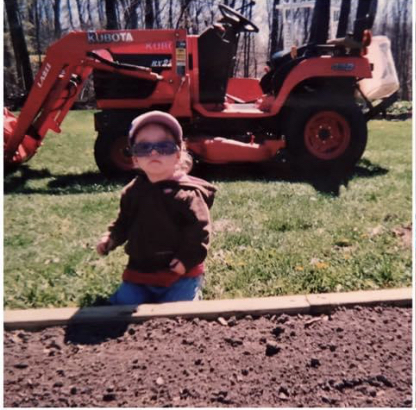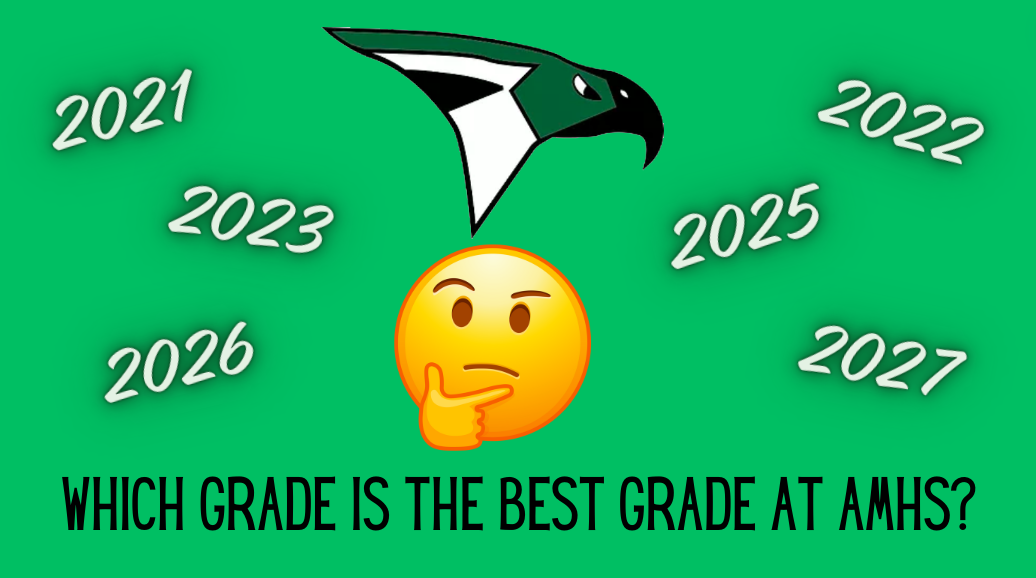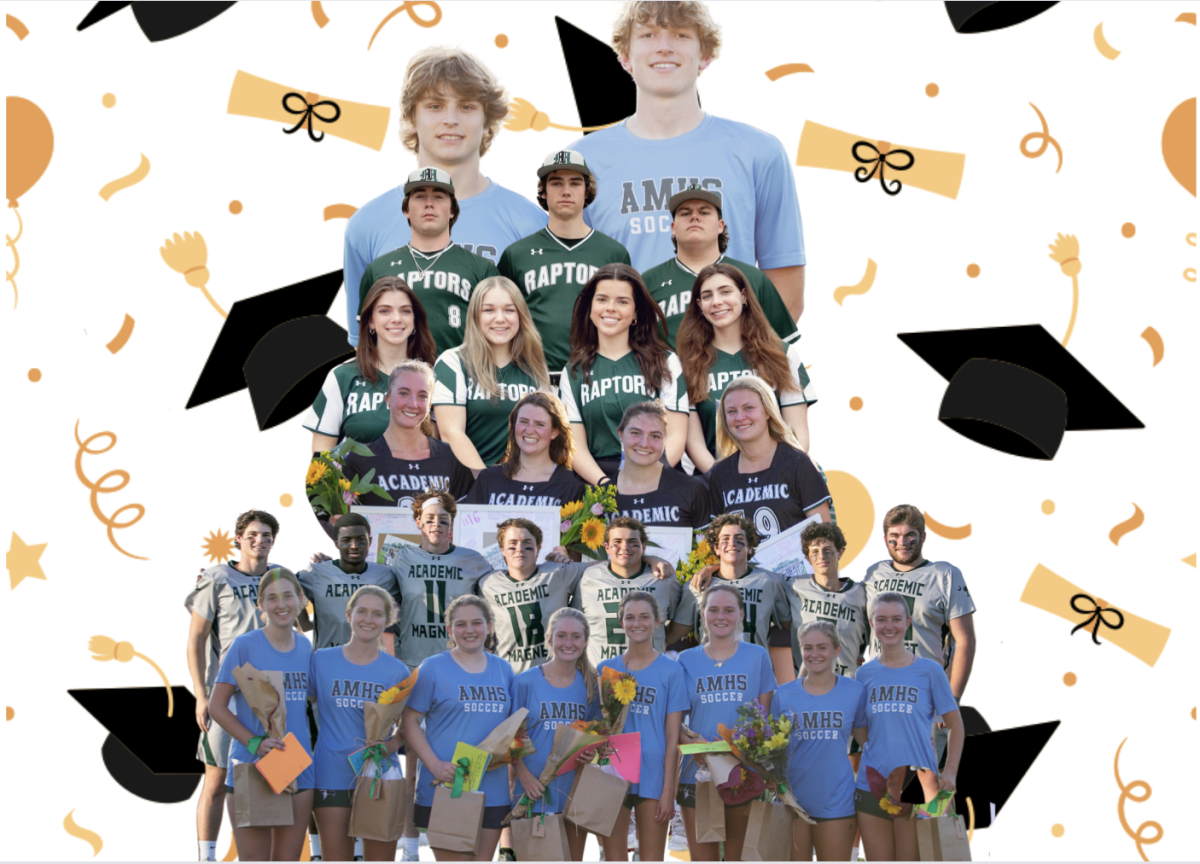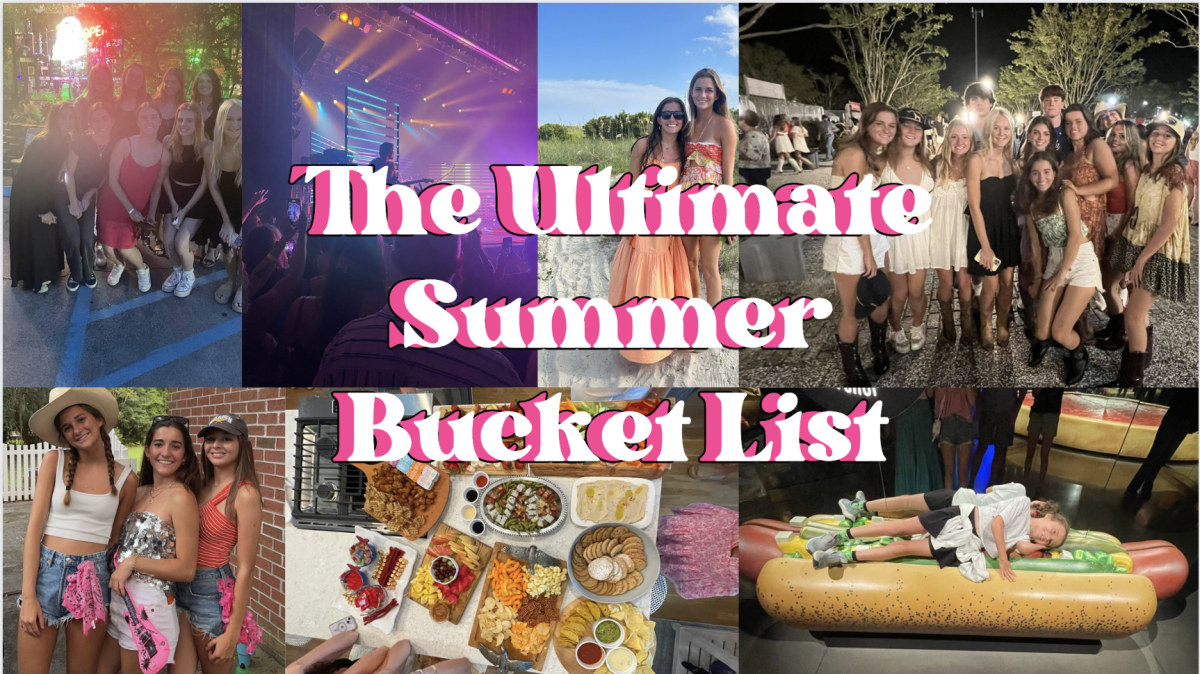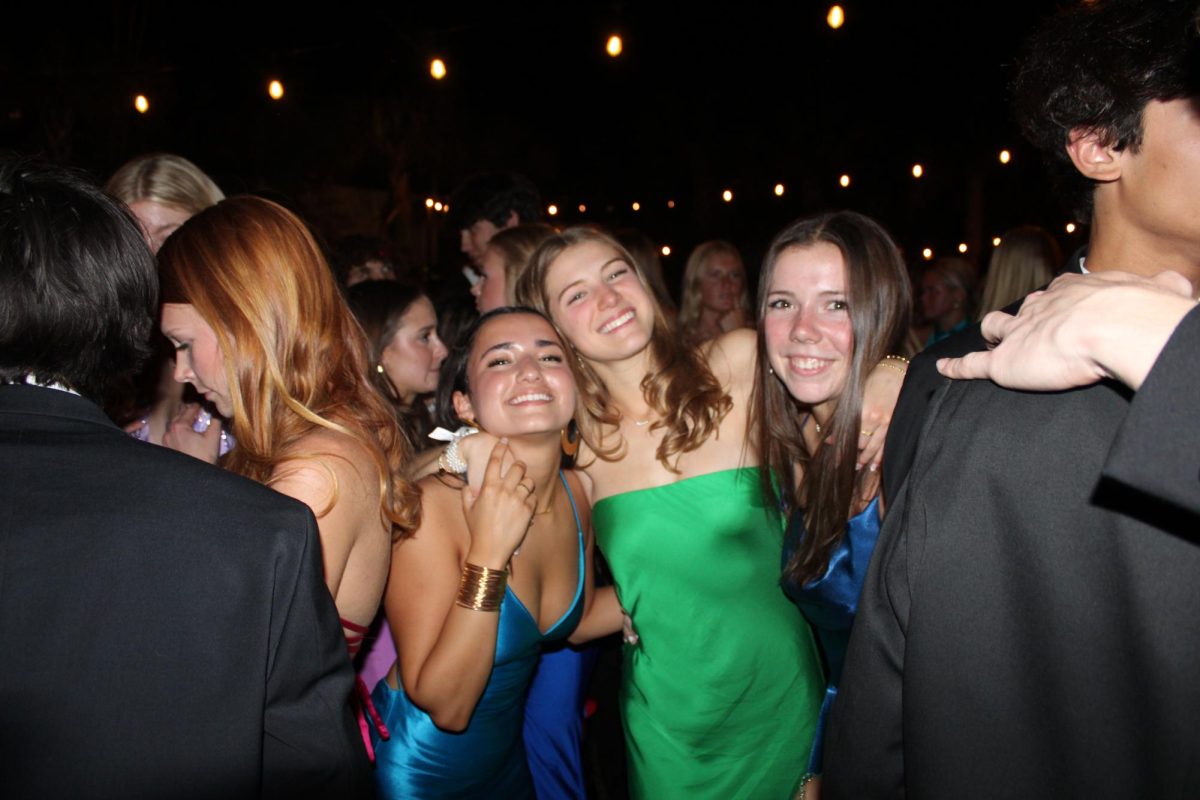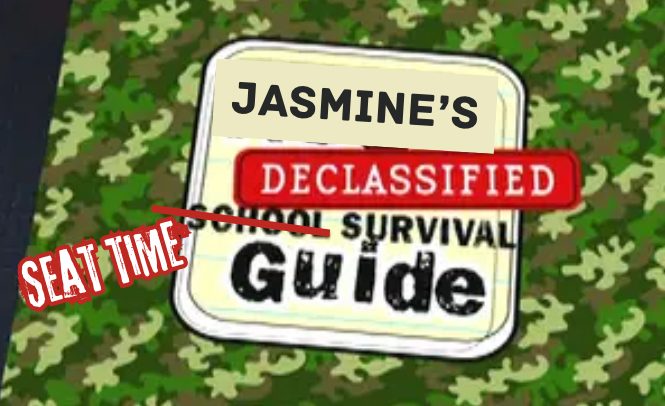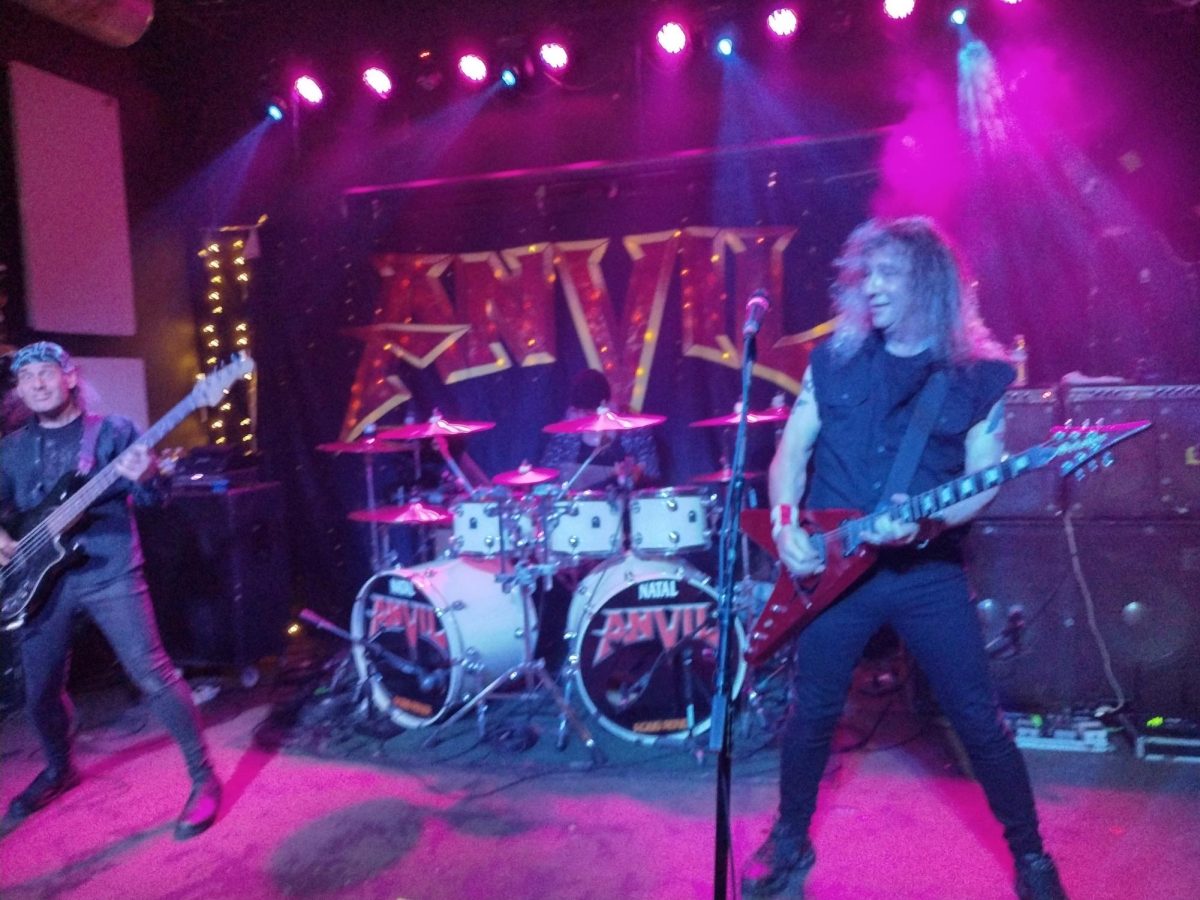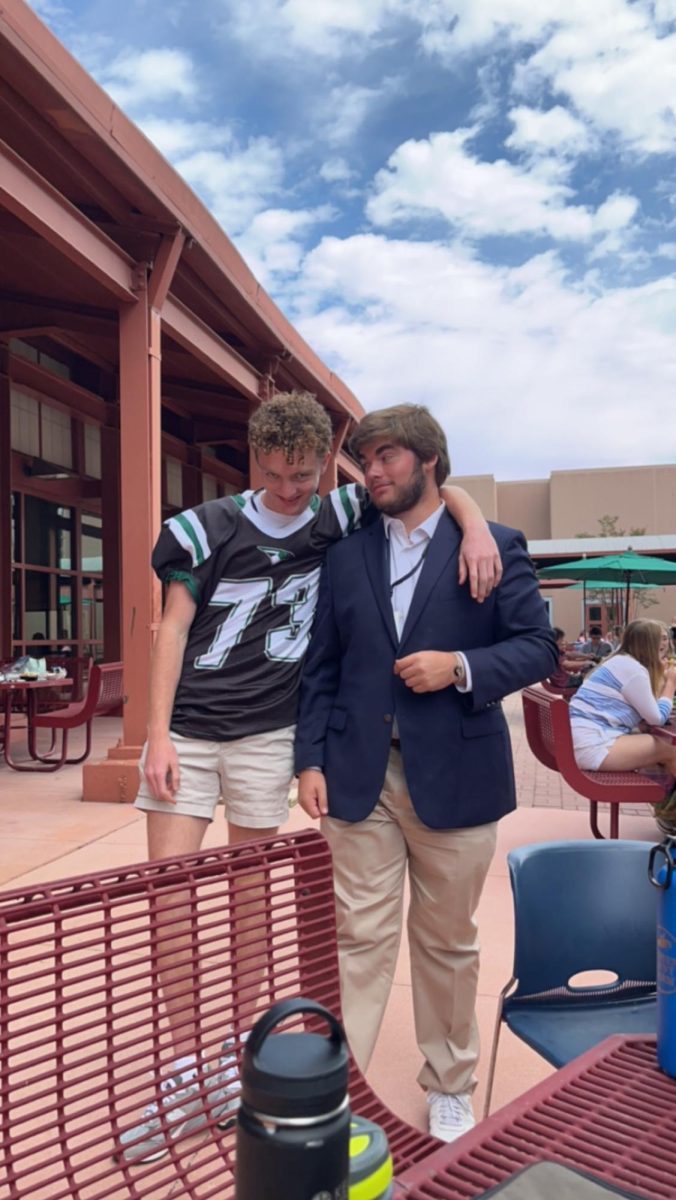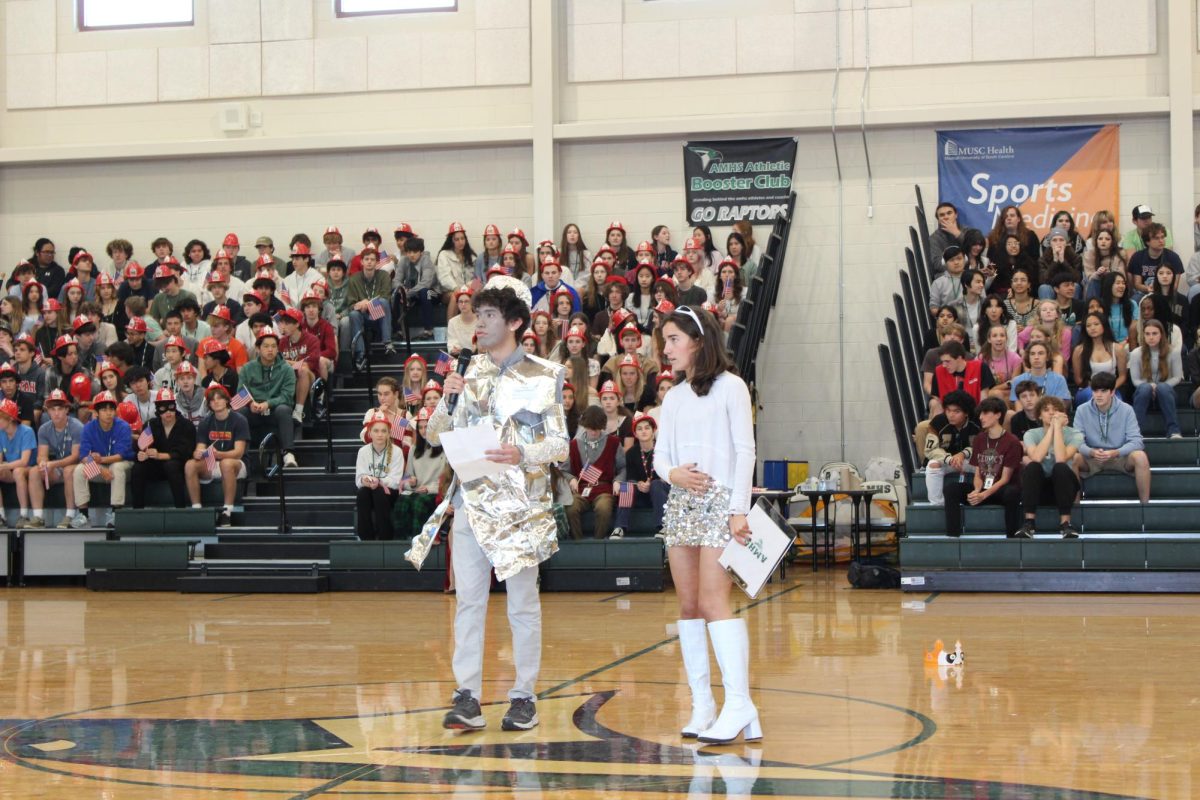You totally ate that up, sis! Don’t forget your crown, king. Huh? New slang is being created faster than ever, and sometimes it is hard to keep up. Phrases that were once used in a sarcastic way now seem to be the most encouraging and inspiring terms of endearment. On the other hand, phrases that were once used in a reassuring way are now meant to be a tough burn. Keep reading to catch up with the AMHS student lingo!
- “Triflin'”
Trifling is an adjective meaning something is lacking in significance or solid worth. Ellison Ryan (10) currently can not keep “shawties be triflin” from slipping out of his mouth. I had to take some research into my own hands to figure out how this would normally be used in conversation. Are the “shawties” lacking significance in their identities? Are the “shawties” speaking of things which lack any solid worth? Who are the “shawties”? After making a quick pit stop in Urban Dictionary, I have found that “shawty” is a term of endearment referring to a young and attractive person, and when a person is trifling, in slang terms, it means that they have crooked morals or they are sneaky cheaters. It can then be pieced together that the phrase “shawties be triflin” means that the young and attractive people are acting shady and untrustworthy.
- “SkeeYee”
“SkeeYee” is a song written by female rapper, Sexyy Red. The song peaked in popularity recently because of the catchy lyrics and the occasional exclamation of the word “skeeyee.” Jordan Burrel (12) explains that she loves saying “skeeyee” because “it is so random and always seems to get a reaction when said.” Jordan has fun shouting “skeeyee” because “you usually have to shout it to the rooftops.” Definitely a fun word and the best way to get Jordan hyped up.
- “Stand on Bidness”
Not a spelling error, just pronunciation. In Harrison Crites’s (12) words, to “stand on bidness” means to handle one’s responsibilities. To stand on business could also have the meaning of sticking to one’s word, not just talking the talk. Someone who sticks to their goals and gets their things done is someone who stands on business and is respected in society.
- “You’re good”
I was a little confused at first because this phrase is most commonly used when reassuring someone that they have nothing to worry about, whereas Magnet students are beginning to use it as a comeback. When someone says something a little insulting or tries to subtly get you down, responding with “you’re good” makes them second guess their statement. Using this phrase asserts the idea that he or she is the one that has something to worry about and that you are fully secure. For example, if someone says, “why does your hair look like that today?”, and you respond with “you’re good”, they will definitely get confused and start to wonder if there is something wrong with their own hair. The same applies to the phrase, “that checks out.” If someone makes an insulting or passive aggressive comment, responding with “that checks out” makes them realize that they are just a hater.
- “Good Looks”
Surprisingly, this phrase does not mean that you’re looking good. In slang terms, it actually is a way of saying thank you. It can be used when a friend is looking out for you and does something simple, yet helpful such as grabbing your wallet for you as you walk out the door. Maybe the phrase “good looks” came from the phrase “good eye.”
- “Rest in Pieces”
A remix of “Rest In Peace,” but it means quite the opposite. To rest in pieces rather than to rest in peace is to remain in a state of embarrassment or awkwardness. Aiden Hanna (12) describes the phrase as a way of saying “ouch, sorry that happened” and it is said to represent a way of coming to terms with an unfortunate or awkward situation.
- “Wait…I’m goated.”
Zuriel Nyamutsaka’s (10) most used phrase of the week is “wait…I’m goated.” GOAT stands for “greatest of all time”, and Zuriel taking a moment to realize that he is goated is like an enlightened moment. Zuriel is “pretty sure Archimedes and Isaac Newton probably both said that when they discovered math and gravity.”
- “Pluh”
Apparently, the whole point of this word is for it to not make any sense. Rentz Hughes (11) describes the word “pluh” as a hilarious and multi-use word that can even be squeezed into basic phrases such as “pluh moment” or “what the pluh.” Rentz loves saying this random word because no one else understands what it means and it makes for really goofy moments.
- “Coolio/yeppo”
“Coolio and yeppo are used by my girl, so I use them too.” -CJ Geiger
- “Slay”
A classic. Simple, yet elegant. Gets the job done flawlessly. The word “slay” went through its flop era, but bounced back quickly as Gen Z started to say the word ironically. The only problem is that once you start saying it, you can’t stop. “Slay” rolls off the tongue effortlessly and boosts confidence to a new level. The word “slay” originated as a term of admiration, like saying, “you killed that” especially while watching a fiery performance or competition of skill. Once the word was used more and more often, it does not take a lot to get told that you slay. “I finally did my laundry.” “SLAY.”
- “I’m broke.”
There’s not really any deeper meaning to this phrase, but Arien Chowdhury (9) says it arguably too much. He explains that “the meaning between those two sophisticated words derive from [his] library of knowledge solemnly showcasing that [his] wallet is empty. It shows that [he] can not afford many items in supermarkets due to loss of cash. It shows that when [him and his] fellow companions embark on a journey to McDonalds, [he relies] on others’ cash to fully sustain [his] hunger.”
- “Rizzler”
I hate this word to a new level. Nothing about its meaning bothers me, but the way it looks written down and the way it sounds when spoken irritates me to my core. To have “rizz” is to be a good flirt, or have charisma. A rizzler is a made-up word to describe someone who has rizz or is rizzing in the moment. It was fine in the beginning, but now it is overused especially since it is used everywhere on TikTok.
- “You ate.”
Although it is so basic, this is one of my favorites because of the space it makes for creativity. To say that someone “ate” means that they did a really good job or that they performed something with 100% effort and assertiveness. It is unclear how the phrase came about, but many variations have been created mostly in Instagram comment sections. Here’s some classic ones:
“You ate and left no crumbs.”
“I had to give you my whole plate because you keep eating so much.”
“You devoured that–no utensils.”
- “Geek”
In the 80s and 90s, “geek” was usually used as a term to pick on the nerdy kids in school. Now, the term “geek” is the most versatile word in my vocabulary. When something is awkward, it’s geek; when something is crazy, it’s geek; when something is really funny, it’s geek. “Geek” can also be used as a verb. For example, when someone is really confused or just acting a little ditsy, they may say, “wait, I’m geeking right now.” Or if someone is laughing uncontrollably about something funny they witnessed or something they did, that person is “lowkey geeking.”





